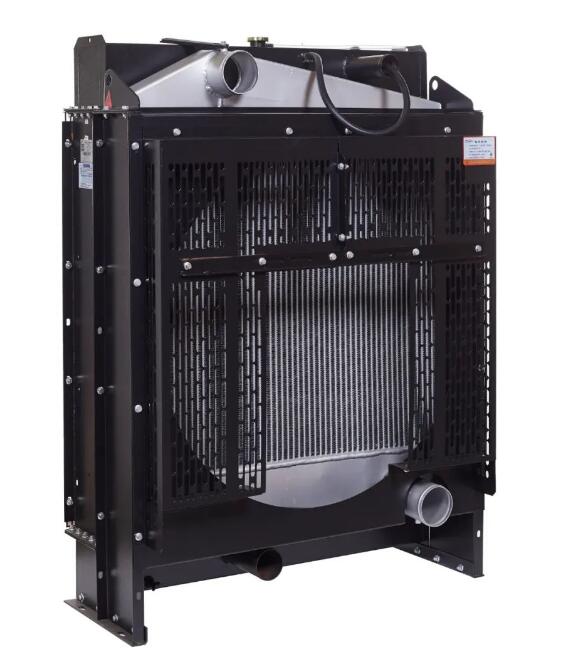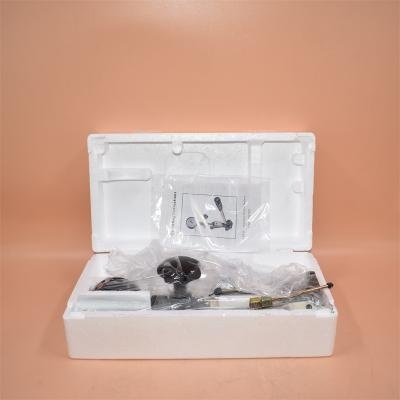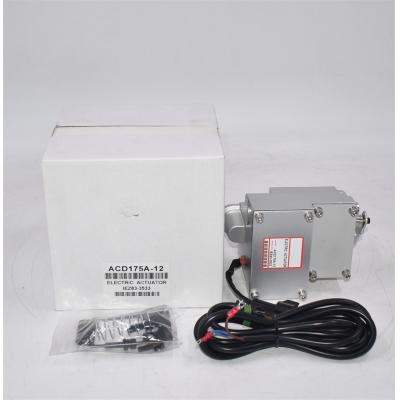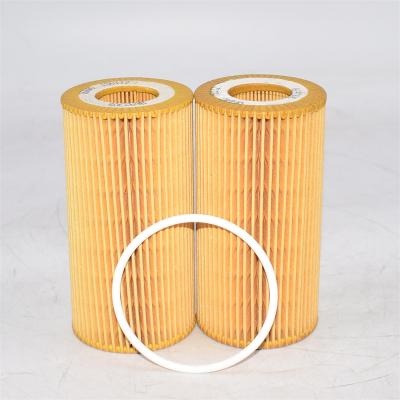Differences Between Copper And Aluminum Radiator

At present, many generators on the market are matched with aluminum radiators. We all know that aluminum radiators are not as thermally conductive as copper. So which one is longer in service life? Does the low melting point of aluminum affect the service life? The melting point of copper is 1084.4°C, and that of aluminum is 660.4°C. However, because the diesel generator contains overheating protection devices, it will not reach this temperature at all. On the contrary, high temperature water determines the radiator life. The water in our daily life is not pure water. It contains various ions, especially the concentration of chloride ions. When copper comes into contact with active ions such as Cl- and SO42- in the water, it will locally produce the active ions containing these active ions. The reaction product and water generate acid. The SO2, CO2, and H2S in the air dissolved in water will also reduce the local PH value. Intrusion into copper will accelerate the corrosion of copper and cause pitting corrosion in the copper radiator and copper hot water pipe.
The aluminum radiator cannot avoid the erosion of water, and Cl- will destroy the protective film of aluminum. Cl- penetrates into the protective film through the pores or defects on the aluminum surface, so that the protective film on the aluminum surface is colloidal and dispersed. The Al2O3 protective film undergoes hydration and becomes a hydrated oxide, which reduces the protective effect. Moreover, the Cu2+ generated after the copper parts are corroded will accelerate the pitting corrosion of aluminum. In addition, SO2 in the air is adsorbed by the water film on the aluminum surface, dissolving to generate H2SO3 (sulfurous acid) and reacting with oxygen to generate H2SO4 to corrode the aluminum surface. When Cl- with strong diffusion and penetrating power destroys the aluminum protective film, SO2- contacts with the aluminum matrix again, and corrosion occurs. This cycle increases the corrosion of aluminum. As the corrosion potential sequence of aluminum is much higher than that of copper, under the action of electrolytes such as water, when aluminum contacts these metals, a galvanic couple is formed. Aluminum is the anode. Galvanic corrosion will aggravate the corrosion of aluminum more quickly. Therefore, the life of the aluminum radiator is still not as long as that of the copper radiator.
























